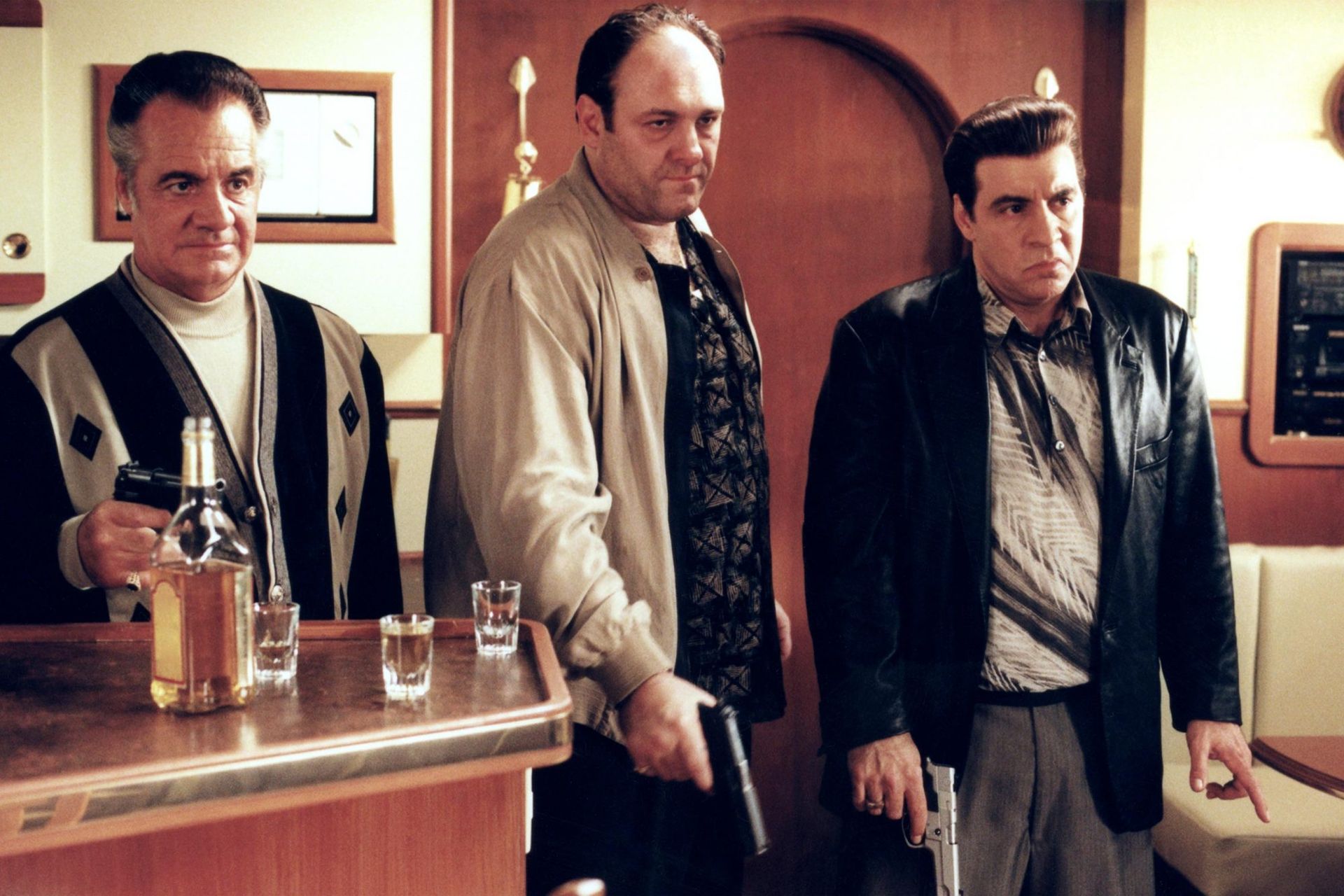If there's one modern TV show that could be said to encapsulate the grim and gritty world of film noir, it is HBO's acclaimed crime drama, 'The Sopranos'. This powerhouse of television, much like its celluloid predecessors, created a haunting narrative universe that delves deep into the underbelly of society, presenting an elaborate tableau of crime, moral ambiguity, and psychological complexity. As an aficionado of both film noir and contemporary TV narratives, I find this correlation both exciting and thought-provoking.
The first thing that strikes me about 'The Sopranos' and film noir is the inherent darkness that pervades their narrative spaces. Much like the dimly lit urban landscapes that are so characteristic of film noir, the New Jersey underworld in 'The Sopranos' is painted with shades of moral grey. The protagonists - if they can be called that - are deeply flawed, morally ambiguous figures, not unlike the troubled heroes of film noir.

Take Tony Soprano, for instance. On one hand, he is a loving father and husband; on the other, a ruthless mob boss capable of unimaginable violence. This duality of character is reminiscent of film noir’s protagonists who often wrestle with their personal demons while traversing the shady corridors of crime.
A substantial element of film noir is the exploration of psychological tension, and 'The Sopranos' echoes this theme. Tony's recurring panic attacks and his sessions with Dr. Jennifer Melfi create a psychoanalytical aspect to the series, which bears a striking resemblance to the existential angst found in noir narratives. The narrative leverages these therapy sessions, much like noir’s voice-overs, to give us a glance into the protagonist's internal struggles, further muddling the line between villain and hero.
The women in 'The Sopranos' and film noir, too, share similarities. The female characters in 'The Sopranos' are complex, influential, and defy traditional societal expectations, much like their noir counterparts. They are not mere 'damsels in distress' but active participants in the narrative, shaping the trajectory of the story. Carmela Soprano, Adriana La Cerva, and Dr. Melfi are reflective of the femme fatales and determined dames of film noir, using their intellect, charm, and grit to navigate the complex web of crime and deceit.
Yet another overlapping aspect is the visual style. Although 'The Sopranos' does not strictly adhere to the high contrast, low-key lighting of traditional film noir, the series incorporates chiaroscuro effects in critical scenes to enhance the tension and drama. This adds a noirish texture to the series, subtly linking it to the genre's visual aesthetics.
Lastly, film noir and 'The Sopranos' both revel in social critique. They cast an unflinching gaze on societal norms and institutions, revealing the undercurrents of corruption, hypocrisy, and alienation that often go unnoticed. The pursuit of the American Dream, the seductive yet destructive power of money and influence, and the disillusionment with societal expectations – all these themes find resonance in both film noir and 'The Sopranos'.
The Sopranos, like its film noir predecessors, peels back the layers of society to reveal a world that is as beguiling as it is terrifying, a world where the line between good and evil is often blurred. It is this remarkable ability to shed light on the darkness, to make the invisible visible, that links 'The Sopranos' to film noir, a genre known for its audacious exploration of the human condition and society’s underbelly.
In conclusion, HBO's 'The Sopranos' does more than just adopt film noir's stylistic elements and thematic concerns; it reinvigorates and reinvents them, carving out a distinctive narrative space that is as compelling and thought-provoking as its celluloid counterparts. It's a richly textured, deeply layered narrative that deserves to be celebrated not just as a pioneering TV drama but also as a nuanced continuation of the film noir tradition.
References to the past can often illuminate the present, and 'The Sopranos' shines brightly in this regard, holding up a mirror to our contemporary society and offering a fascinating reinterpretation of the noir ethos for the modern audience. As we watch Tony Soprano navigate the dark corridors of power and crime, we are, in essence, watching a modern noir narrative unfold, a narrative that is as captivating, complex, and intriguing as the best film noirs of the golden era.



Unearthing the Shadows: A Comparative Study of HBO's 'The Sopranos' and Film Noir